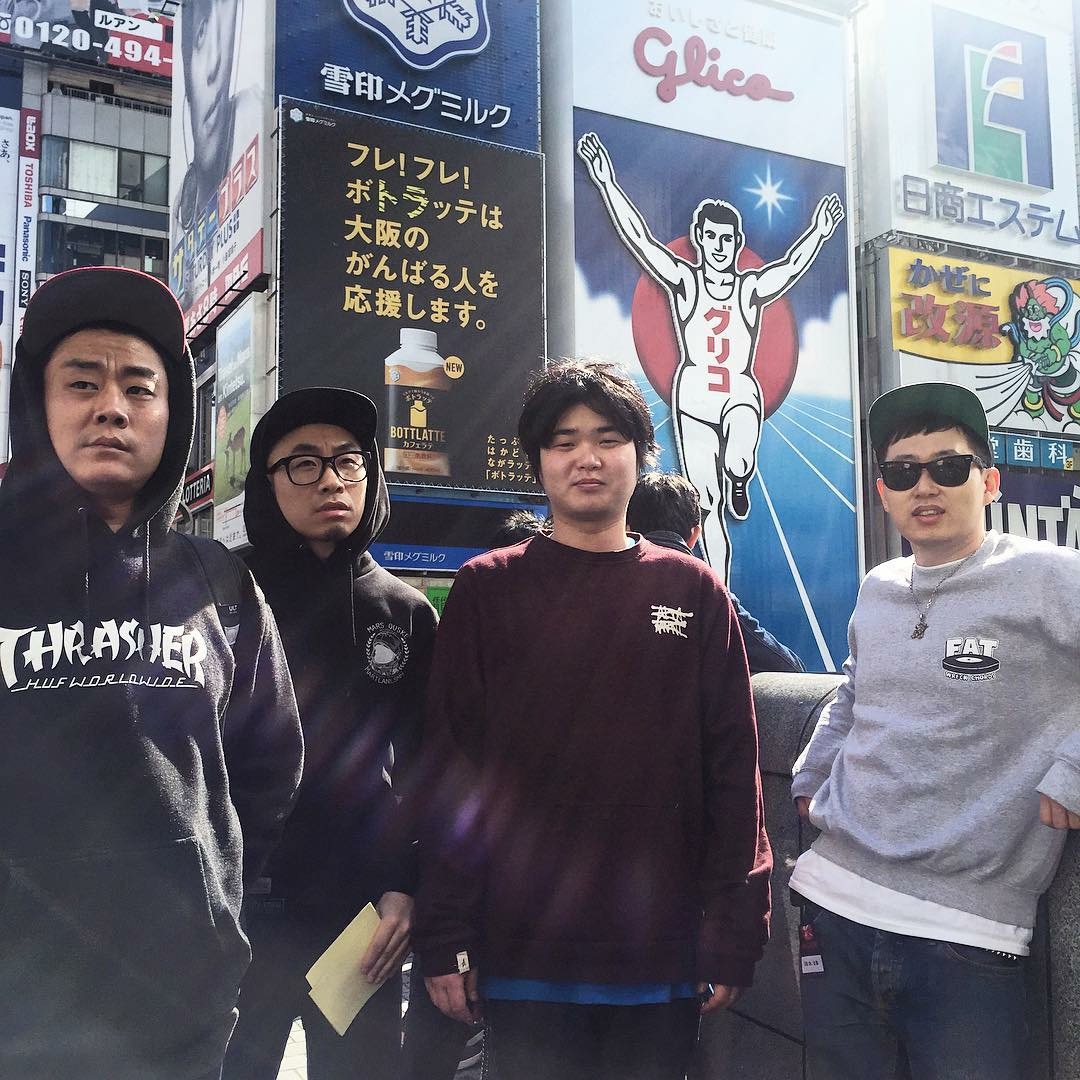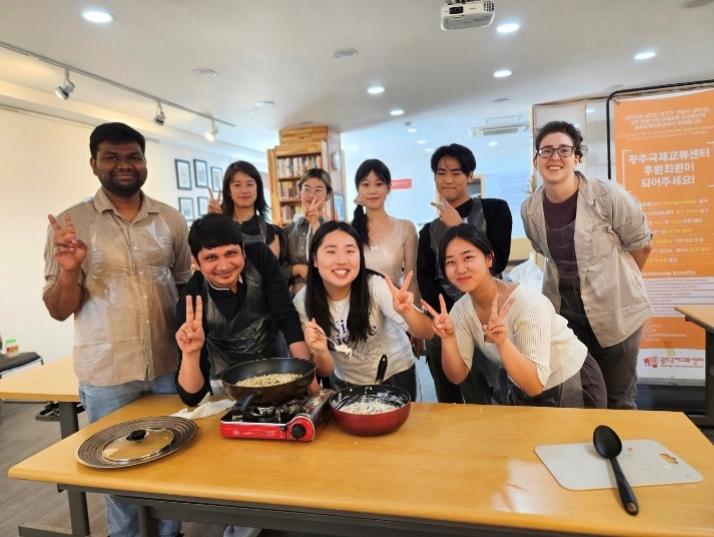The Minister of Happiness
The South Asian Association for Regional Cooperation (SAARC) summit, held in Gwangju last year, saw many international dignitaries visiting Gwangju to discuss development and direction for 2015 and beyond. Mr. Damcho Dorji, Bhutanese minister of home and cultural affairs and chairman to the counsel of the Royal University of Bhutan, took the time during his visit to Gwangju to discuss Korea’s relationship with Bhutan, the current cultural climate in Bhutan and his role therein.
 “We look to South Korea to send our unemployed youth in the future, to gain experience… so employment is one [factor] and also training of our people,” he explained. “Especially in the vocational institutes in Korea. For me personally, I would like to engage more in cultural exchanges because both Korea and Bhutan have very rich art traditions and culture and of course Korea is more advanced in the art of preservation of the culture, so we could learn from their experience.”
“We look to South Korea to send our unemployed youth in the future, to gain experience… so employment is one [factor] and also training of our people,” he explained. “Especially in the vocational institutes in Korea. For me personally, I would like to engage more in cultural exchanges because both Korea and Bhutan have very rich art traditions and culture and of course Korea is more advanced in the art of preservation of the culture, so we could learn from their experience.”
While he believes that Bhutan has a lot to learn from Korea’s example as an industrialized and modernized nation, he was also adamant about drawing distinctions between his country’s philosophy of growth and Korea’s rapid development.
“Bhutan… opened its doors to modernization quite late but not because we did not want to. We wanted to shut ourselves in because we wanted to learn from the experiences of others and then make a very informed decision. Therefore, in the early 70’s His Majesty the fourth King of Bhutan promulgated this concept of ‘gross national happiness.’ By this term his majesty meant that in a materialistic world where everybody is competing for material wealth, Bhutan has come to realize that this is a futile endeavor. You may become the richest country in the world but at the end of the rat race, if the result is that people are not really happy, then what is the point of this mad rush? We stepped back and said ‘Maybe there’s a way of arranging things in such a way that at the end of the game people are happy with what they’ve achieved.’ We want to go forward but we want to go at our own pace, without losing our own happiness, without being blinded by wealth.”
 This concept of gross national happiness (GNH), rather than its more common counterpart gross national product (DP), has become the cornerstone of Bhutanese politics. The minister credits his country’s perspective with a number of important initiatives, such as his government’s unusually strong commitment to its people’s health. Any disease or injury that Bhutanese hospitals can manage is treated domestically, of course, but the small country “does not have very big hospitals, so when we get [too many] patients we have to send them out for treatment, so… when they cannot be treated in Bhutan we [pay to] send them outside Bhutan to India or Thailand.”
This concept of gross national happiness (GNH), rather than its more common counterpart gross national product (DP), has become the cornerstone of Bhutanese politics. The minister credits his country’s perspective with a number of important initiatives, such as his government’s unusually strong commitment to its people’s health. Any disease or injury that Bhutanese hospitals can manage is treated domestically, of course, but the small country “does not have very big hospitals, so when we get [too many] patients we have to send them out for treatment, so… when they cannot be treated in Bhutan we [pay to] send them outside Bhutan to India or Thailand.”
The government also banned tobacco outright in 2010. “We found out that because of tobacco the government had been incurring a huge expense every year due to tobacco-related diseases.”
According to Human Rights Watch, however, other Bhutanese policies severely detract from its people’s health and happiness. The minister downplayed these problems. “Any developing country will have some human rights issues. Of the violations of certain human rights, well, it has a lot to do with certain religious beliefs… As such, we do not have any serious human right violation issues in Bhutan.”
On the matter of women’s issues and leadership, he said that “it is not that women are not offered equal opportunity,” it is just that the women in Bhutan have “started quite late into taking part in public life.” He went on to enumerate the services and committees funded by the government to cater to women, as well as Bhutan’s stance against domestic violence and for equal education opportunities.
Bhutan also has a decades-old dispute with Nepal that has resulted in many native Bhutanese fugitives living in Nepalese camps, waiting to be repatriated to Bhutan. The minister shifted a lot of blame for those people’s suffering onto an instable and inconsistent Nepali government, while also highlighting ongoing discussion with Indian and Nepalese officials. He noted that more than 92,000 refugees have been resettled in the US, the UK, Australia and New Zealand among other countries, and suggested the camps may be a better alternative “for some people who are living hand to mouth.”
On paper Bhutan’s policies seem promising, but history suggests that the implementation and enforcement of civil rights in a developing country is easier said than done. To be fair, however, that is why the minister said he visited Korea.
“Coming from a developing country to see a lot of development, it gives you a lot of inspiration,” he mused. “We look to Korea for inspiration and for help to follow the same path.”




